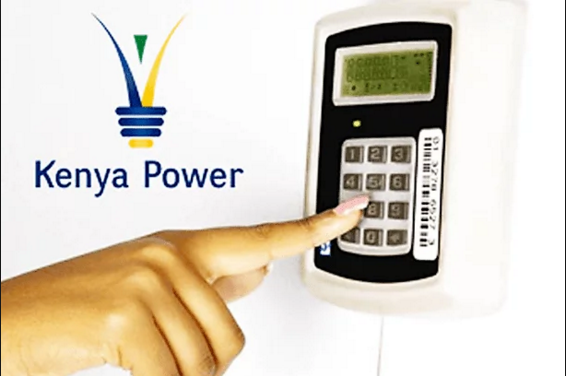The Energy Regulatory Commission (ERC) has received criticism for the revised the electricity tariffs, which contrary to expectations, have added to the burden of Kenyans, particularly the middle-income consumers. Beginning 1st August 2018, prepaid consumers who use between 10 and 100 units per month will pay more for their electricity bills while consumers who use less than 10 units and over 1,500 units will enjoy lower costs.
For instance, under the old tariff, a consumer would receive 94.2 units for Sh1,700. However, under the new tariffs, the number of units received for the same amount of money are 76.7, indicating a 23 per cent rise in electricity costs.
However, ERC has defended the new tariff structure saying that the overall unit cost inclusive of taxes and levies has decreased from Sh23.49/kWh in 2017/8 to Sh20.18/kWh 2018/19. In addition, ERC says it has eliminated the Sh150 fixed charge and “foreign and inflation adjustments have been embedded in the base energy charge rates at the current exchange rates.”
The fixed charge had been causing billing fluctuations for prepaid customers, a fact that has elicited a lot of complaints for some time.
The New Electricity Tariffs
The charges for energy from 0 to 10 kWh have increased from Sh2.50 per kWh to Sh12.00 while 11 to 50 units have now increased from Sh2.50 per kWh to Sh15.80. Additionally, units 51 to 1500 will now cost Sh15.80 per kWh from Sh12.75 while units of over 1,500 have reduced from Sh20.57 to Sh15.80 per kWh.
“The expected increase in electricity bills for the domestic category consuming between 11 and 100 units is due to the removal of the lifeline tariff, which was previously between 0 and 50 units and now reclassified to 0 and 10 units,” the regulator said in a statement.
The tariffs for commercial customers have also been reviewed. Small commercial consumers will no longer pay a fixed charge but the cost per kWh has increased from Sh13.50 to Sh15.60. However, bulk commercial consumers will save on costs when they shift their production schedule to night time when less power is being utilised.
ERC said in its press release: “In order to ensure financial viability, economic feasibility, and a sustainable and affordable electricity tariff, the Commission has approved an increase in the revenue requirement from Sh120 billion to Sh131 billion. This will meet the energy purchase costs and allow for system expansion and maintenance.”
The tariff review has also seen the categories of consumers reduce from three to two.




